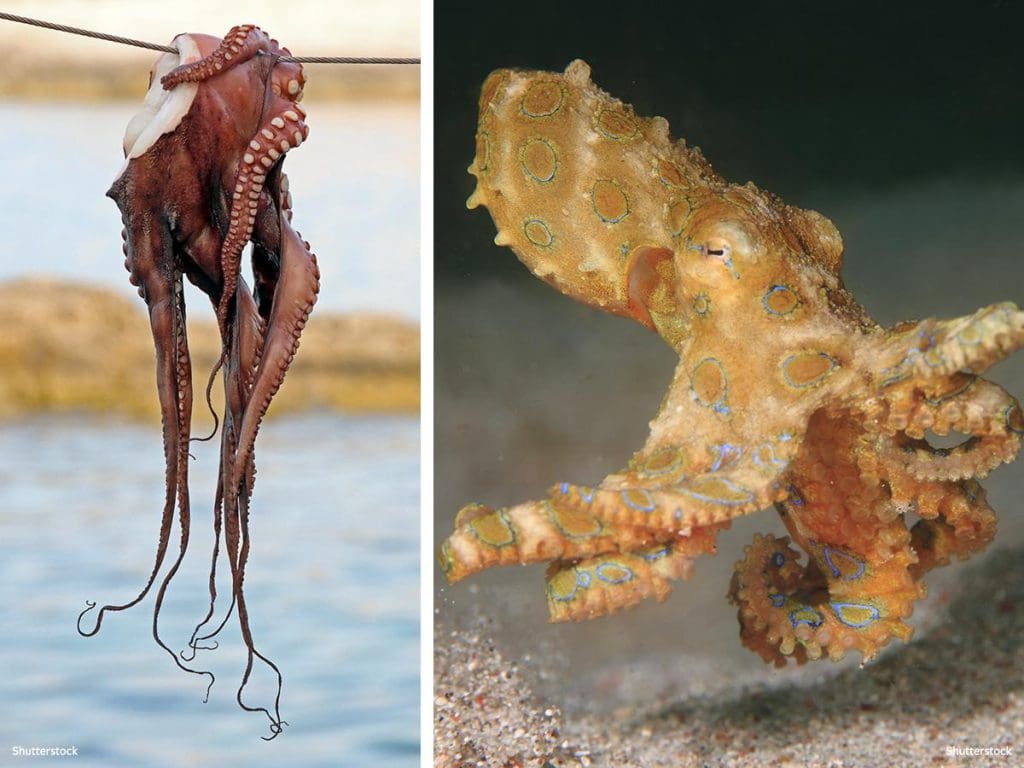As the demand for seafood continues to rise, the global fishing industry is facing increasing pressure to find sustainable solutions to meet this demand. One solution that has gained traction in recent years is the farming of octopuses, a highly intelligent and elusive species prized for its exquisite taste. However, as this industry grows, questions have arisen about the ethical implications of keeping these complex animals in captivity. Octopuses have been shown to possess sophisticated cognitive abilities and exhibit behaviors that suggest a level of consciousness and self-awareness. This raises concerns about the welfare of octopuses in farming operations and the potential violation of their rights as sentient beings. In this article, we will explore the ethical considerations surrounding octopus farming and the case for extending rights to marine animals. We will examine the current state of octopus farming, the scientific evidence of octopus intelligence and sentience, and the potential consequences of exploiting these animals for human consumption. It is time to unlock the cage and have a serious discussion about the ethical implications of octopus farming and the importance of recognizing the rights of marine animals.
Introduction to octopus farming practices
Octopus farming, also known as cephalopod aquaculture, has gained significant attention in recent years as a potential solution to meet the growing demand for seafood while alleviating pressure on wild octopus populations. The practice involves the rearing and cultivation of octopuses in controlled environments, such as tanks or sea cages, with the aim of providing a sustainable source of these highly valued marine creatures. Octopus farming practices vary across different regions and farms, but generally involve carefully managing water quality, temperature, and feeding regimes to ensure optimal growth and health of the animals. Additionally, techniques such as selective breeding and genetic research are being explored to enhance farming efficiency and produce octopuses with desirable traits. Despite the potential economic benefits and mitigating pressures on wild populations, concerns have been raised regarding the ethical implications of octopus farming and the potential impact on marine animal rights.
















































